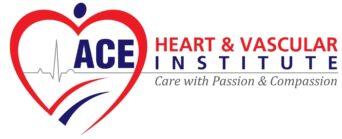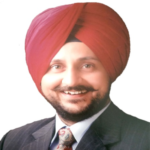
Congenital heart disease (CHD) refers to a range of defects in the heart’s structure that are present from birth. These conditions can affect the heart’s walls, valves, and blood vessels, leading to various complications. At ACE Heart and Vascular Institute, we specialize in diagnosing and treating congenital heart diseases with advanced techniques and compassionate care. As one of the best heart hospitals in Chandigarh, our team is dedicated to providing exceptional services tailored to each patient’s needs.
What is Congenital Heart Disease?
Congenital heart disease encompasses a variety of structural abnormalities in the heart. These can range from simple defects that may not require treatment to complex conditions that need immediate intervention. Common types include:
- Atrial Septal Defect (ASD): A hole in the wall between the heart’s upper chambers.
- Ventricular Septal Defect (VSD): A hole in the wall between the heart’s lower chambers.
- Tetralogy of Fallot: A combination of four heart defects that affect blood flow.
Treatment Options
Our approach to treating congenital heart disease involves a thorough evaluation followed by a personalized treatment plan. Options may include:
- Medications: To manage symptoms and improve heart function.
- Interventional Procedures: Such as catheter-based interventions for less invasive treatment options.
- Surgery: In cases where structural repairs are necessary, our skilled surgeons perform procedures with precision.
Why Choose ACE Heart & Vascular Institute?
- Expertise: Our team of specialists includes some of the best cardiologists in Mohali, ensuring you receive the highest standard of care.
- Advanced Technology: We utilize state-of-the-art equipment and techniques, including CAVI testing, to provide accurate assessments.
- Patient-Centered Care: Your health and comfort are our top priorities. We strive to create a welcoming environment where you feel valued and cared for.
India's Leading Cardiologist At ACE Heart & Vascular Institute
Request an Appointment
Watch Our Video: ACE Heart & Vascular Institute
To give you a better understanding of our services, watch this video where Dr. Puneet K. Verma, our leading interventional cardiologist, explains the various procedures and their benefits.
Watch Out What Our Patients are saying...
Patient Success Stories – Leading Heart Care in Mohali and Chandigarh at ACE Heart and Vascular Institute
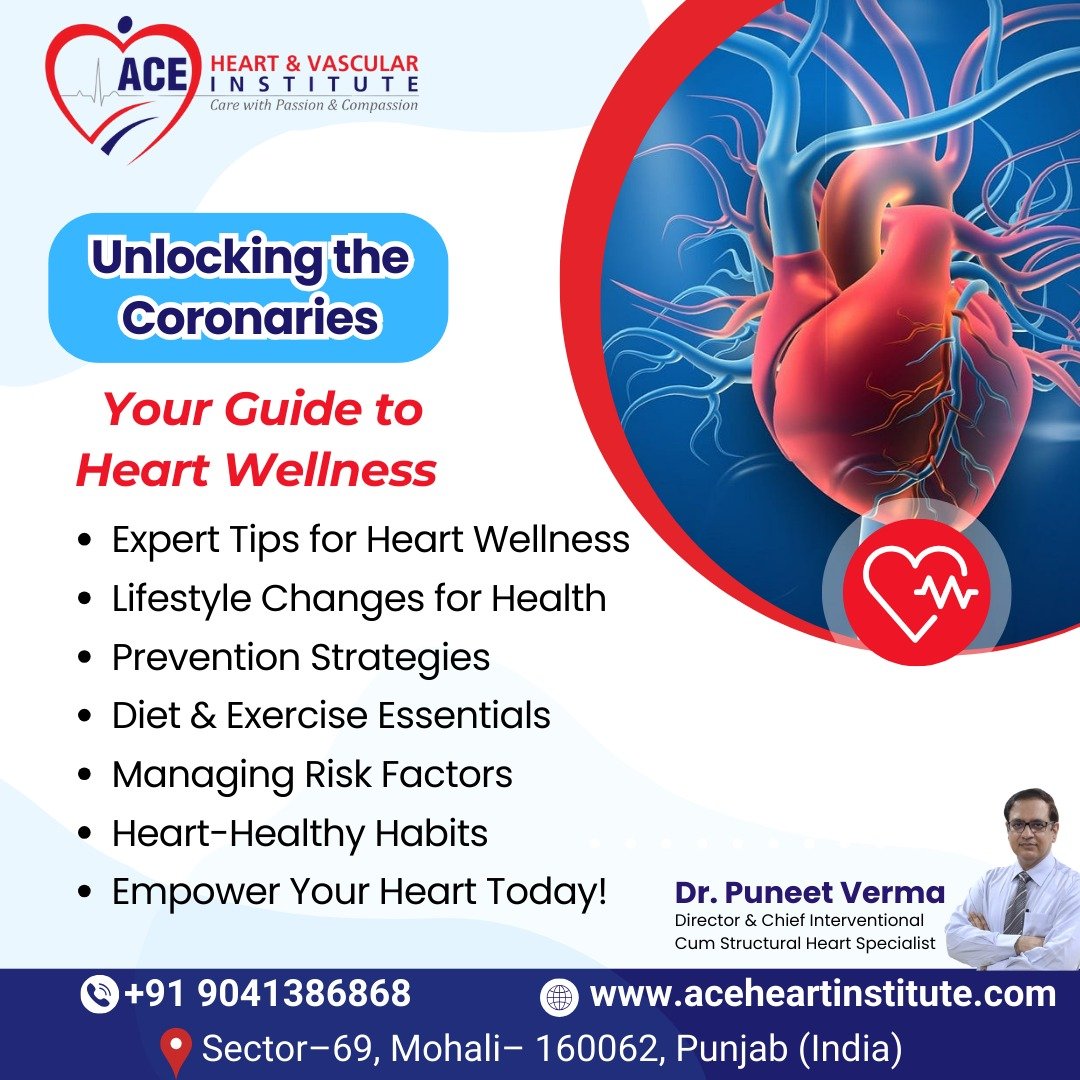
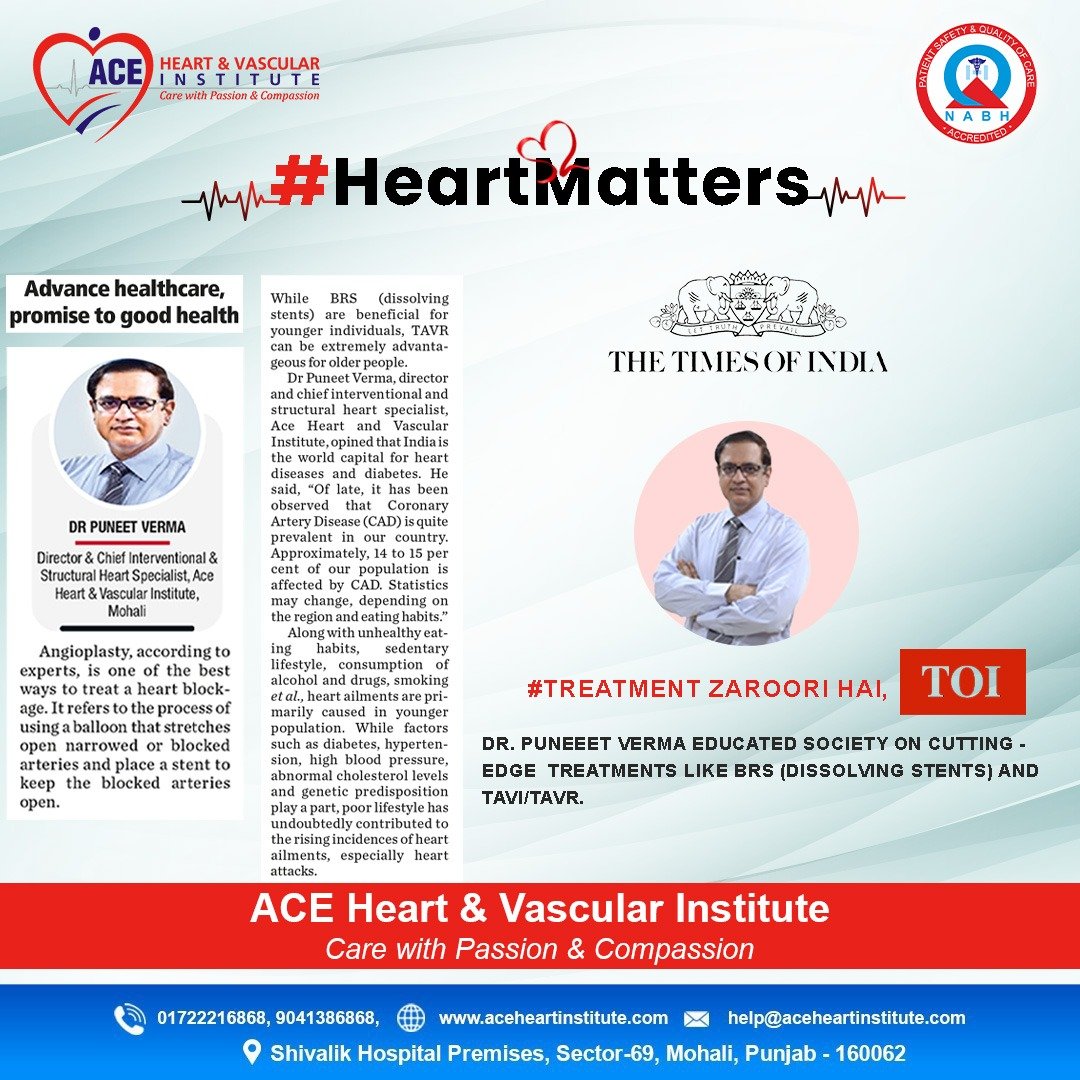
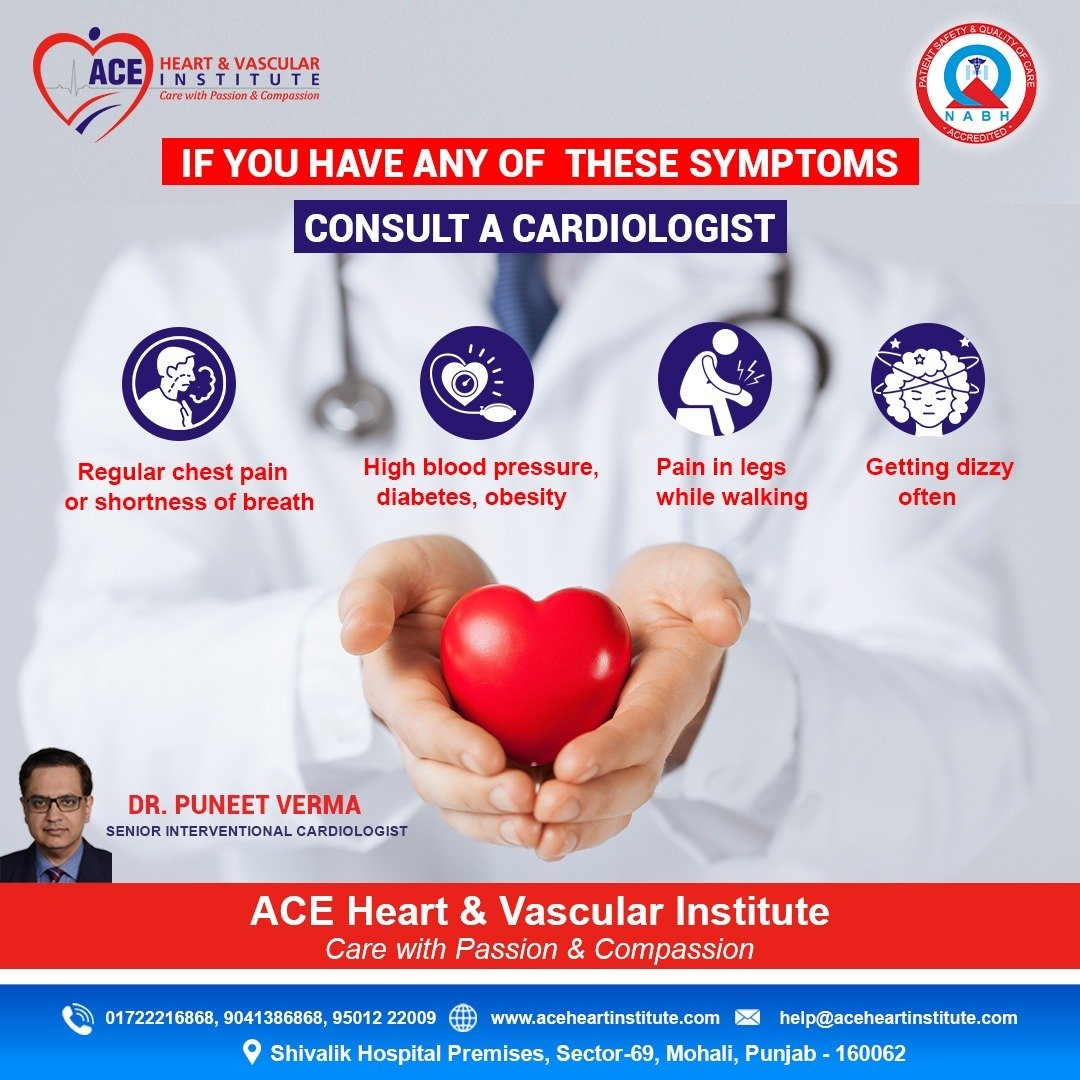
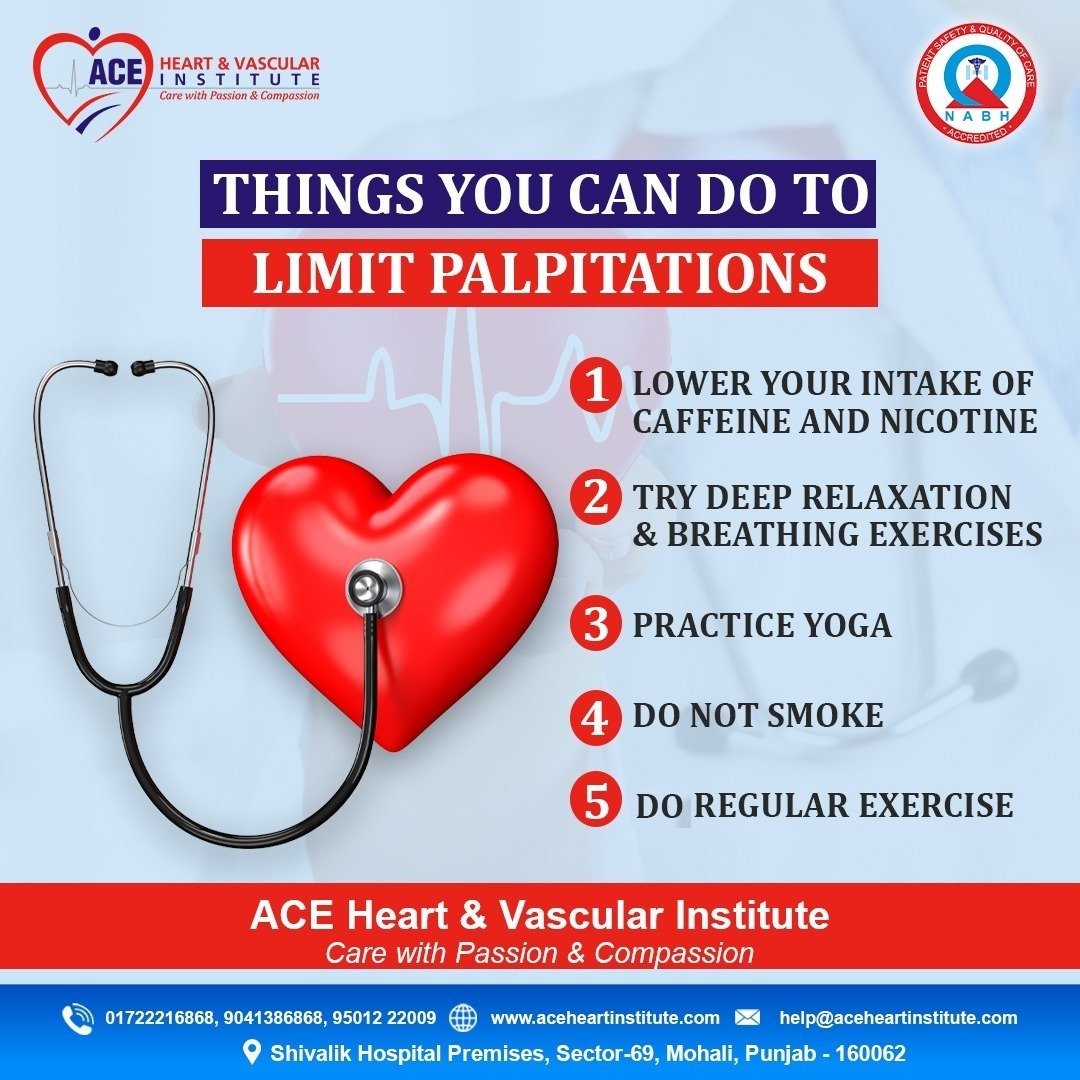
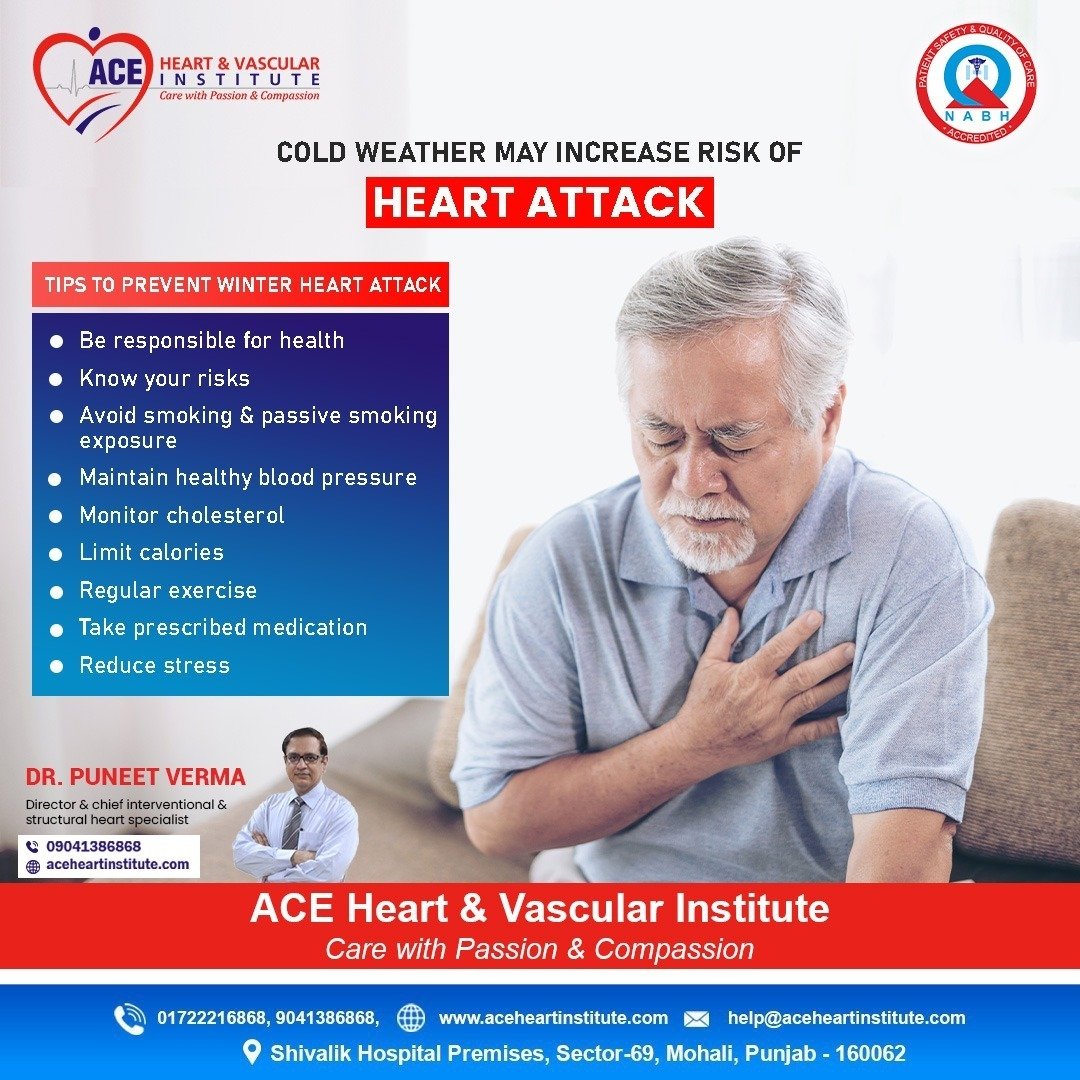
Frequently Asked Questions (FAQs) Congenital Heart Disease Treatment
A: Symptoms can vary widely but may include rapid breathing, fatigue, poor growth in infants, and cyanosis (bluish skin).
A: Diagnosis typically involves imaging tests such as ultrasound, CT scans, or MRIs.
A: Recovery varies based on the type of treatment but generally involves follow-up appointments and lifestyle adjustments.
